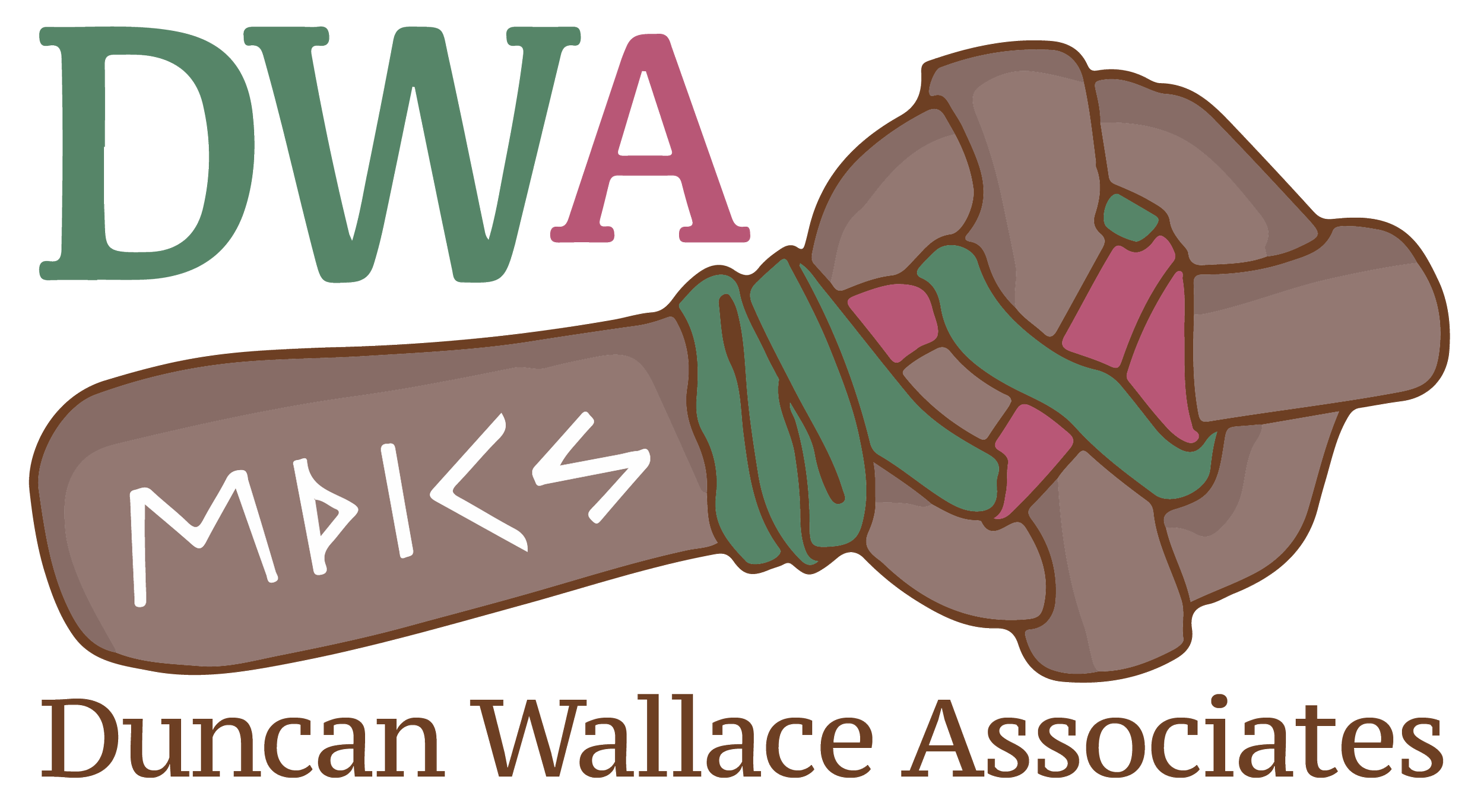Building boards better = businesses as a force for good!?
Most boards are assembled with the best of intentions, but all too often without the best of members. A good board needs to be a lot of things: insightful, thoughtful, curious, approachable, the list goes on. But what it really needs to be is diverse.
Of course, there’s a moral point here about fair representation and about equality of opportunity across every strand of life. But it’s also about being more effective and more productive; from a hard-nosed business perspective, diversity at board level is a strategic asset.
Don’t believe me? It’s not only been the subject of plenty discussion in the media, but it’s also a major reason behind some transformative improvements at NHS 24.
So, whether your organisation is a community charity growing food for the hungry or a major multinational making shoes for the high street, diversity is the key ingredient for good governance.
To Build Better Boards - Diversity is the key
First and foremost, the board are the custodians of your purpose – hence why, in the voluntary sector, we usually call them trustees. The role is to nurture the organisation, to serve your strategic aims with a view of the next ten years and beyond. This is all well understood and widely recognised. The issue comes with interpreting this role.
It’s common to seek out experts in all the vital areas – a finance expert, a legal expert, etc. But that’s focusing on the technical skills they have more than the perspective they will bring. Of course, your organisation needs these skills. But it’s not the board’s role to do these jobs. It’s up to your finance department (or your accountant) to deal with the actual doing of finance. The executive executes, the board oversees. Of course, that can sometimes demand particular understanding – enough to ask the right questions and to understand the answers.
This obsession with skills can often stand in the way of another fundamental characteristic of good boards: representing and reflecting their community. Now, the word ‘community’ is doing a lot of heavy lifting here. Depending on your organisation, this might mean customer base, service users or staff (or all of the above). Stakeholders is another of these hard-working words that’s relevant here – whether it means informal supporters, official shareholders or the funders.
Describe the Business as a force for good to understand building better boards.
Your board shouldn’t simply consider all those different viewpoints, but represent them. Credibility matters – and that doesn’t always mean being of the community, but it does mean understanding it. If your charity feeds the hungry, your board needs to include people who understand what it is to be hungry – as well as people who know about making and serving food, or those who understand fundraising. If your fashion giant makes shoes, your board needs to include people who would happily wear a pair for themselves, not just people who understand design, business or manufacturing.
So assembling a board is not a box-ticking exercise in gender balance, racial equality and age representation. It’s equally about a diversity of ideas and approaches. With diverse backgrounds come diverse perspectives, and with a variety of perspectives comes a healthy tension that can drive your organisation to its best.
In this sense, your board should provide vital strategic leadership. But they should also be open and respectful, ready to listen to other views – from other board members, from people within the organisation and from across their community. They should be ready to engage with people, eager to seek out insights and willing to learn more about what really makes the organisation tick.
Do all that well and diversity becomes a huge asset, giving your board the tools to make better decisions, to avoid potential blind spots and to build trust with their community, customer base or stakeholders. Put simply, diversity can give your board the power to boost your organisation’s performance – whether that means sales and profit or fundraising and touching lives.
Sorting your priorities of Building Boards Better - in a time of crisis
In the year 2020, it’s difficult to think about the long term. So many of us are fighting fires, struggling just to survive. To stretch the analogy to breaking point, there are probably far fewer consumers buying shoes and certainly far more people going hungry.
Yet, even while we struggle to overcome the here and now, good governance is recognising the shifting context of today’s circumstances while maintaining a long-term view. A well-built board will be equipped to do both – setting a clear direction and offering creative approaches for fulfilling your core purpose, whether things are looking rosy or a pandemic has knocked the world sideways.
It can seem like a tall order, particularly for mature organisations with well-set boards. It’s often a gradual, iterative process of evolution and development, of learning and growth. Finding the balance of skills, expertise, perspectives and backgrounds takes time. Even a freshly assembled board needs to settle into the role – like any group of colleagues, a board works best they know each other well.
My work in Building boards better - to be a force for good.
I’ve worked with the ethical standards commissioner for many years, helping organisations build more representative, more effective boards. I can bring that experience to bear on your organisation too – helping you identify what you need and develop the processes to help you recruit it.
I’d also be keen to hear what others think around board diversity. So, whether you have a view or a need, I’m ready to talk. Please do get in touch.


